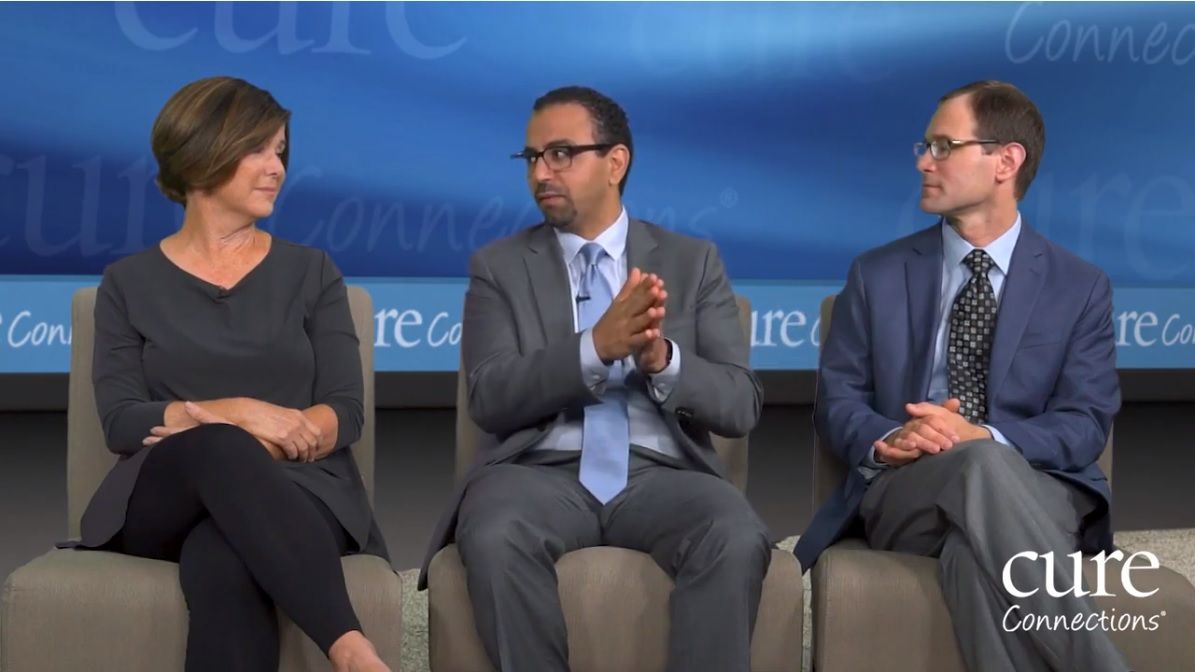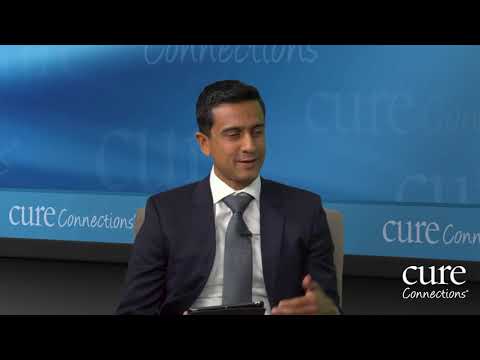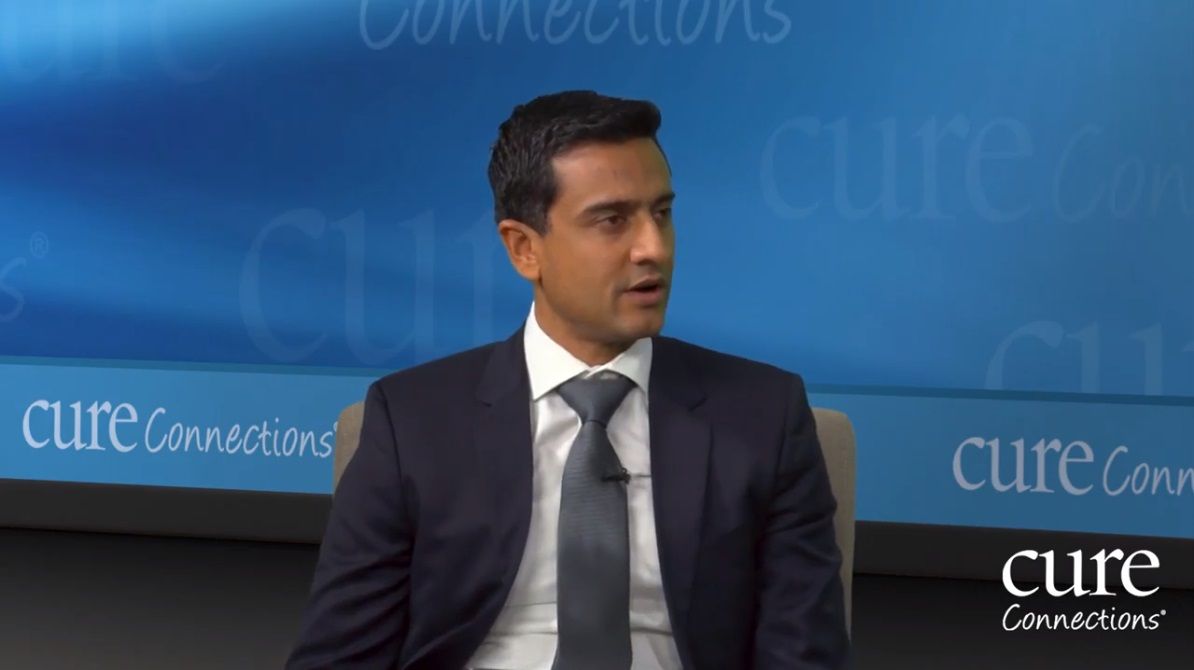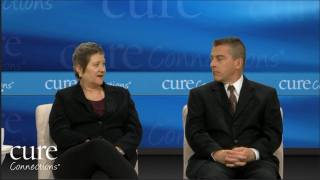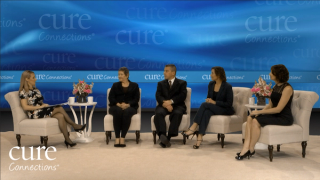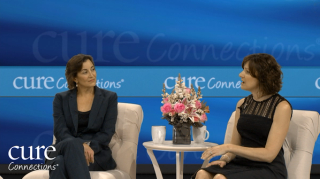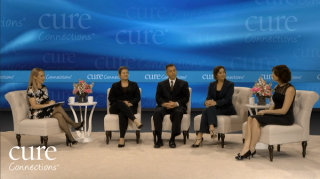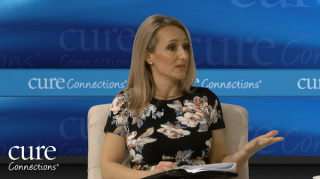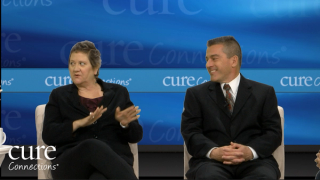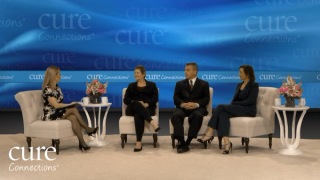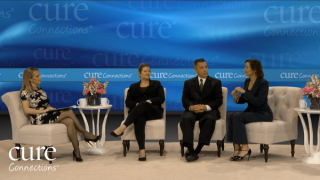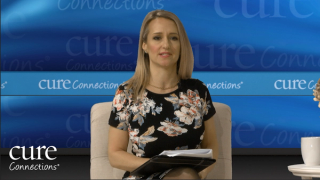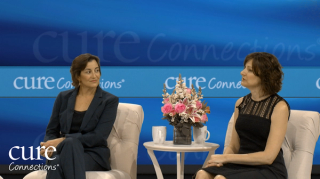
Ovarian Cancer
Latest News
Latest Videos

More News
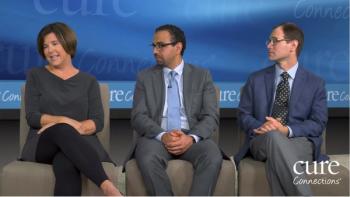
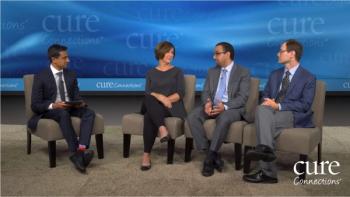
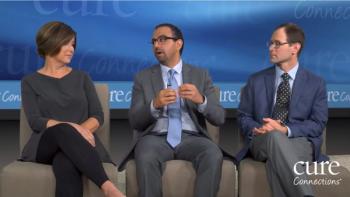
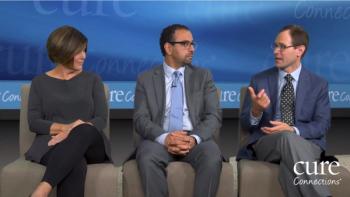

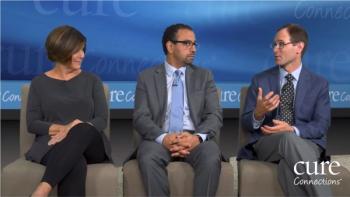

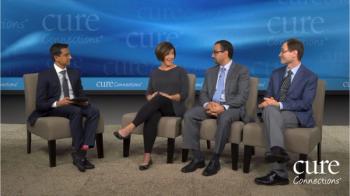
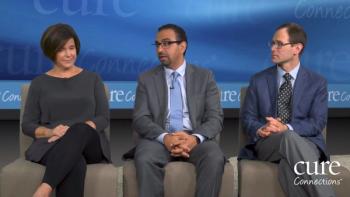
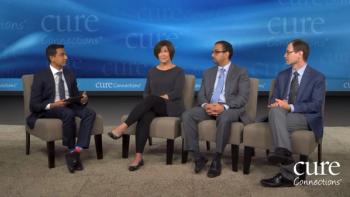
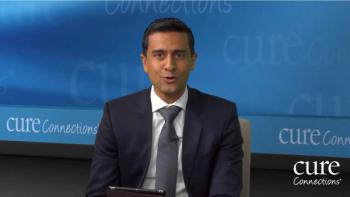

An ovarian cancer survivor shares what she wishes she had known then with those who are newly diagnosed.

Knowing your family history is the first preventative step any woman can take to avoid a diagnosis of ovarian cancer.

"I don’t have cancer, but here I am. This is my life. This is my reality. I am BRCA positive."

CURE spoke with an expert on how patients can better advocate for themselves when it comes to genetic testing and its follow-up.
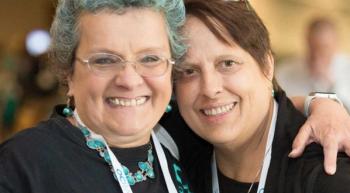
Ovarian Cancer Research Alliance (OCRA) supports women and their families going through an ovarian cancer diagnosis, while also funding the research that will one day lead to its prevention.
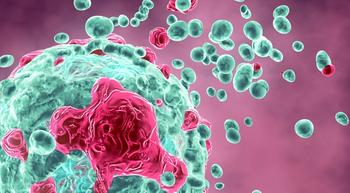
Frontline maintenance therapy with Zejula lengthened time without disease progression among women with newly diagnosed, advanced ovarian cancer, according to findings from the phase 3 PRIMA study.

The addition of Lynparza to maintenance therapy with Avastin improved time to disease progression in women with advanced ovarian cancer, according results of the PAOLA-1/ENGOT-ov25 trial.

CURE spoke with an expert from Mount Sinai to discuss the future of ovarian cancer treatment and his advice for women facing a new diagnosis.

“For so long ovarian cancer has been a secret part of my life. That’s over now.”

"I’m a work in progress. I work to heed my oncologist’s advice: Don’t spoil today by worrying about tomorrow."

A rare type of ovarian tumor can raise testosterone levels, causing women to develop male characteristics. The main treatments: surgery and chemotherapy.
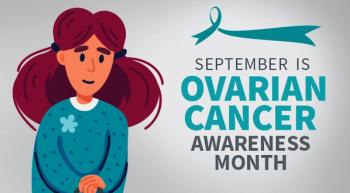
September is Ovarian Cancer Awareness Month. Here’s a round-up of the latest news and updates in this disease space.

From a return to work for Alex Trebek to a personalized Backstreet Boys concert, here’s what is making headlines in the cancer space this week.

The US Preventive Services Task Force now recommends for genetic counseling and testing for survivors of certain cancer types, but many at high-risk for the disease are left off the list.
